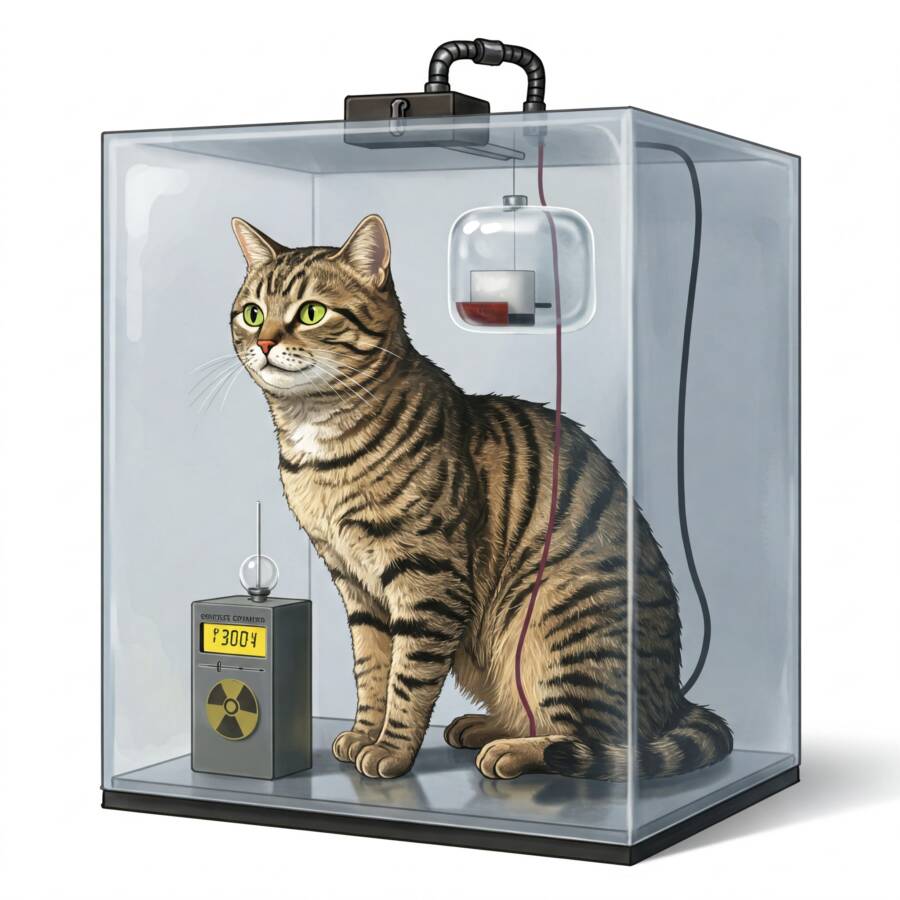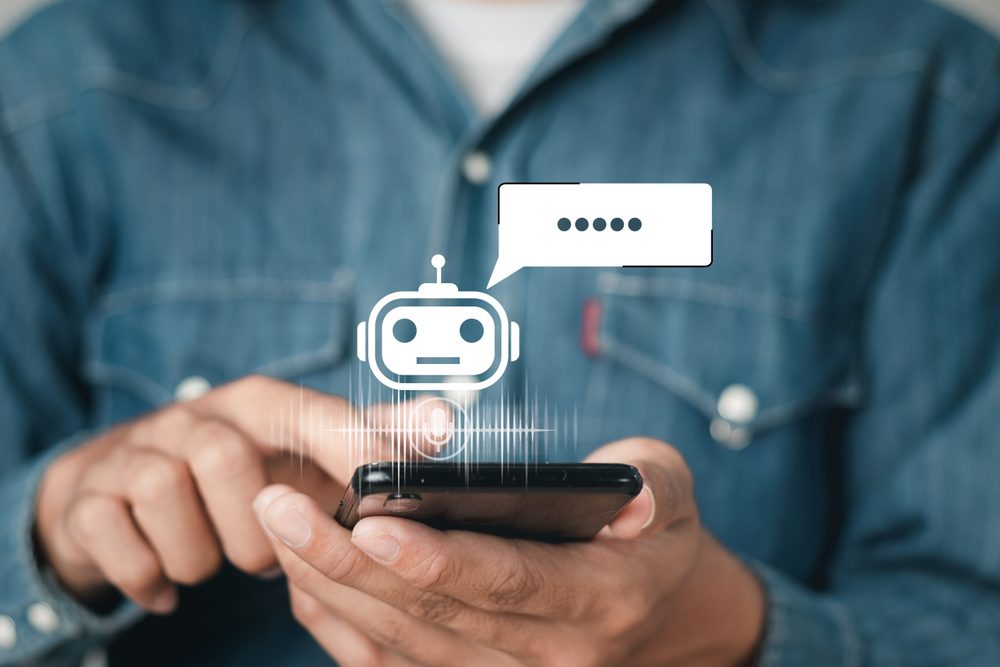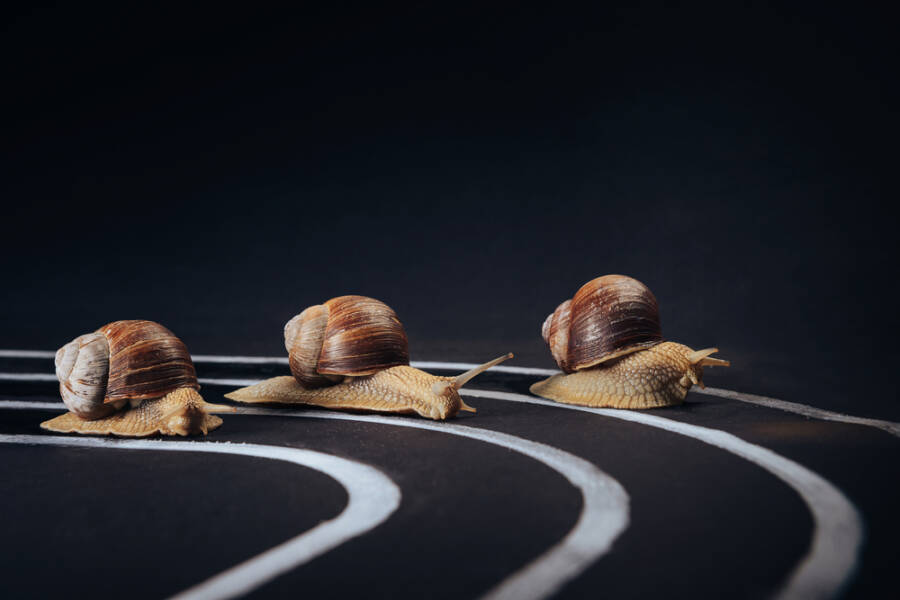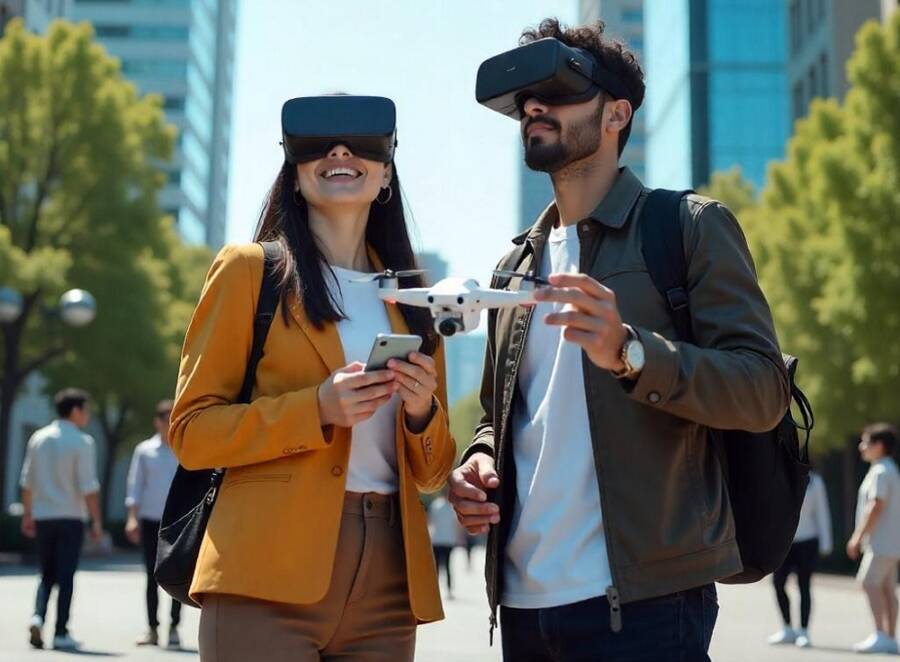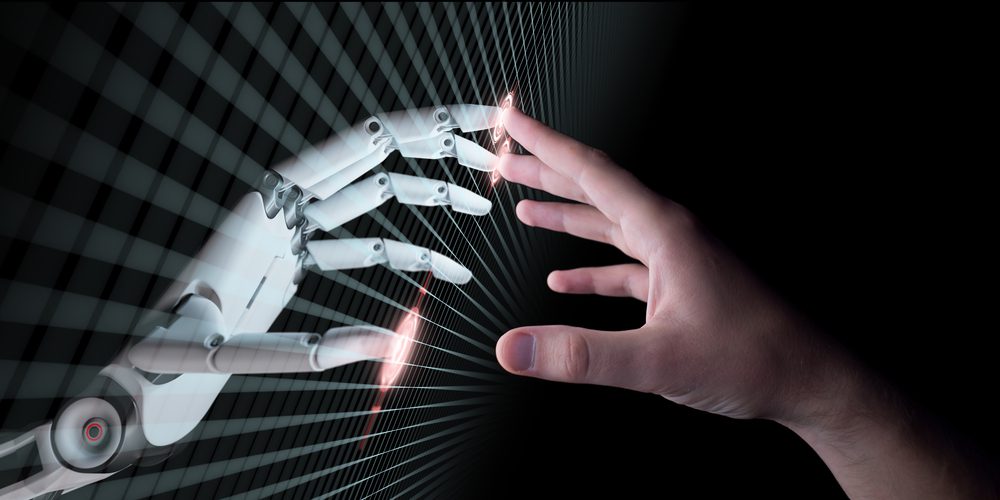There has been a lot of buzz around “magic mushrooms” but is there any truth to the beneficial aspects they theoretically bring you?
“Magic mushroom,” also known as “shrooms” colloquially, is easier to remember and use as the name for Psilocybin mushrooms.
These are those mushrooms that, when eaten, can produce a euphoric feeling, and recently, it has been discovered through research that they can also aid with certain mental health conditions.
Despite this, there is a pretty bad history and reputation associated with these, as many consider them another form of drug, and there are a couple of risks associated with taking them of which we need to be careful.
One thing to keep in mind is that these are not a discovery; archeological evidence suggests that magic mushrooms have been used for medicinal and ceremonial purposes for thousands of years, especially in Central America, where they have been used for coronation purposes up to the 1500s.
With colocalization, widespread use has been discouraged and even criminalized, and back in the 1960s, we were reintroduced to them due to the youth counterculture and psychedelic movements!
Dig deeper with us into what they are, how they are used, what science has uncovered about them, what health benefits they can have, and what the risks are in this article!
What is your opinion on magic mushrooms? Would you try them? Let us know in the comments!
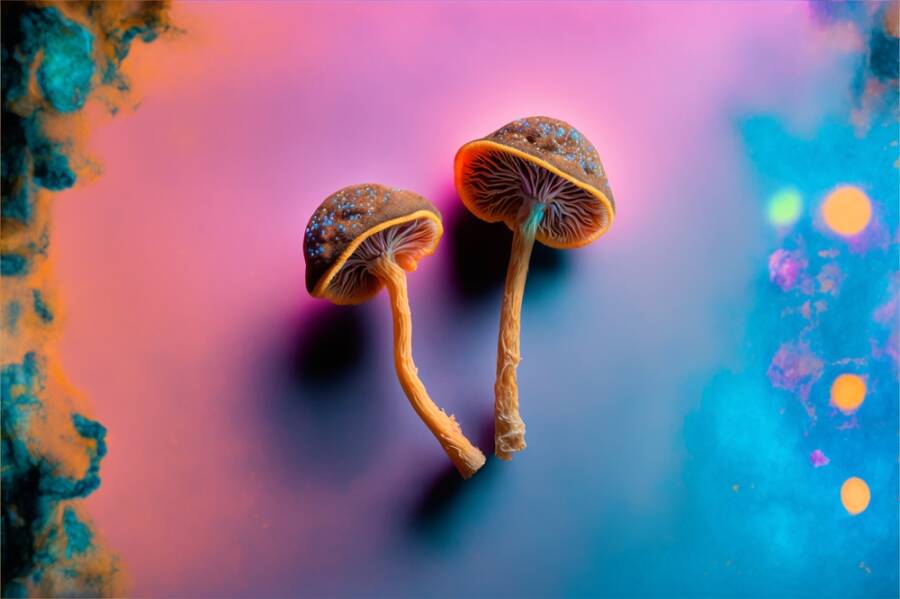
What are “magic mushrooms”?
Shrooms are a thin and tiny mushroom type that contains the hallucinogenic element called psilocybin, or psilocin.
They have gotten their iconic name as magic mushrooms due to the euphoric and hallucinogenic reactions people have gotten from using them back in the 1960s, and many people still know them as this today.
Together with their more colloquial term, mushrooms, they are also known simply as mushrooms in certain circles, but everyone knows they are not the normal type you would use on a salad.
The reason why people started to use them back when they returned to the public eye was for their emotional- and thought-altering properties, for the high they gave people, but over centuries they have been used ritualistically as people believed they could connect to a higher plane through their use.
However, this does not mean that they have not been used in various types of traditional medicine over the years, as history has evidence of that as well.
There are several ways of consuming the mushrooms, and these are:
- steeping the mushroom and making tea;
- eating the dried shroom;
- cooking with the dried or powdered version;
- consuming the powdered version as an injection;
- adding the powdered mushroom to various beverages, mainly juices;
- or taking a capsule of the powdered form.
What influences the effects?
Despite the general consensus that everyone who consumes psilocybin is going to get hallucinations and potentially euphoria, the experience varies from person to person.
Science has uncovered that multiple factors go into how psilocybin is going to affect you physically, and a lot of them cannot be predicted when taking the mushroom for the first time.
The likes of age, weight, and amount are some of the easiest factors to guess. However, your surroundings, expectations, and personality are the ones most people are surprised by.
Other notable factors include experience with other drugs and how much you have eaten that day, which are also crucial.
The typical time in which you can expect to see the effect is an average of 30 minutes, and it can last anywhere between 3 and 5 hours.
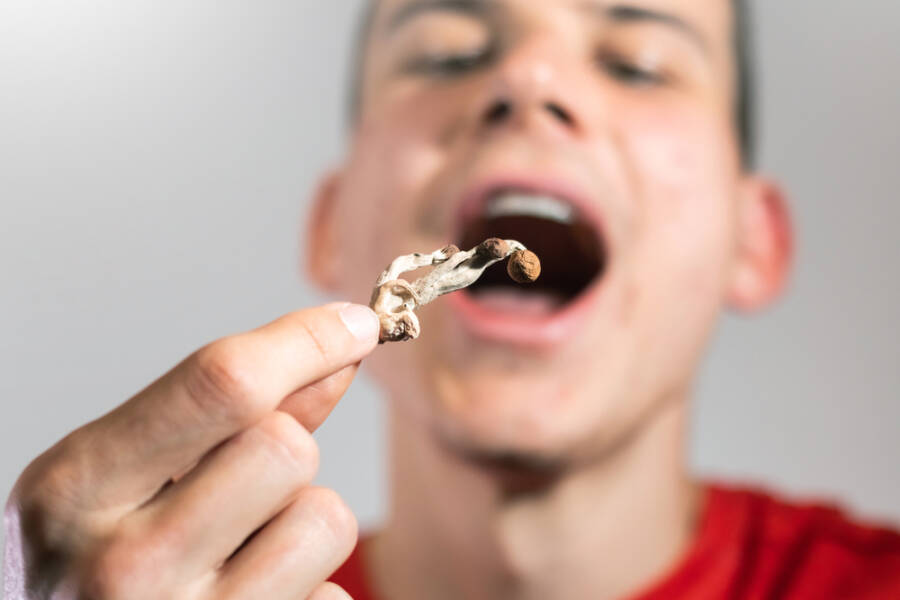
What are some of the effects you can see when consuming them?
If you want to consume magic mushrooms, you should be aware of the effects that you may have. As we mentioned earlier, the ways in which they will impact you will have a lot of variables, but there are also a lot of effects that are more diverse than the general idea people have about hallucinations and euphoric states.
Not to mention, we also need to warn about the potential side effects you can experience when taking them since there are quite a few, and if you plan to take them to help you with your health (more on that later), you should be expecting them.
Some of the normal “positive” effects of psilocybin include the visual or auditory hallucinations that we have mentioned and the euphoric or unusual sense of well-being you may have.
Others include changes in the way you perceive and experience the world, feeling like your body is either very light or heavy, and it is also possible to feel like you are having a religious, spiritual, or magical experience.
The unpleasant physical effects you need to be aware of potentially happening include nausea, shivers or chills, getting lightheaded or dizzy, vomiting, increased heart rate, high blood pressure, and even numbness in the mouth and tongue.
These are just some of the effects that you may feel; some people do not have any negative ones, and there have been people who have had only mild reactions as well.
Keep in mind that there is also a chance you may be allergic to a type of psilocybin mushroom, so it is good to test beforehand to avoid any issues.
What are the health benefits of using “magic mushrooms”?
Science has observed a number of health benefits associated with magic mushrooms, especially when we talk about behavioral conditions and psychiatric treatment.
Studies have shown that they can be beneficial for people who suffer from PTSD and other conditions, as well as other mental health concerns. Other positive-influenced conditions include:
- OCD (obsessive-compulsive disorder)
- substance addiction (be it alcohol or illegal substances)
- depression
- psychological distress associated with end-of-life diseases such as cancer and other fatal diagnoses.
Other studies have also indicated that they could be beneficial in aiding people to stop smoking and even cluster headaches.
Despite these results, the United States Food and Drug Administration (FDA) does not approve of the mushrooms being used as treatments.
The health benefits have been observed in trials and studies, but they have all been on a small scale and have not been replicated in a large trial.
There is still a need for more data until psilocybin mushrooms are ruled to be a reliable treatment for these conditions, but there seems to be more and more interest in this area.
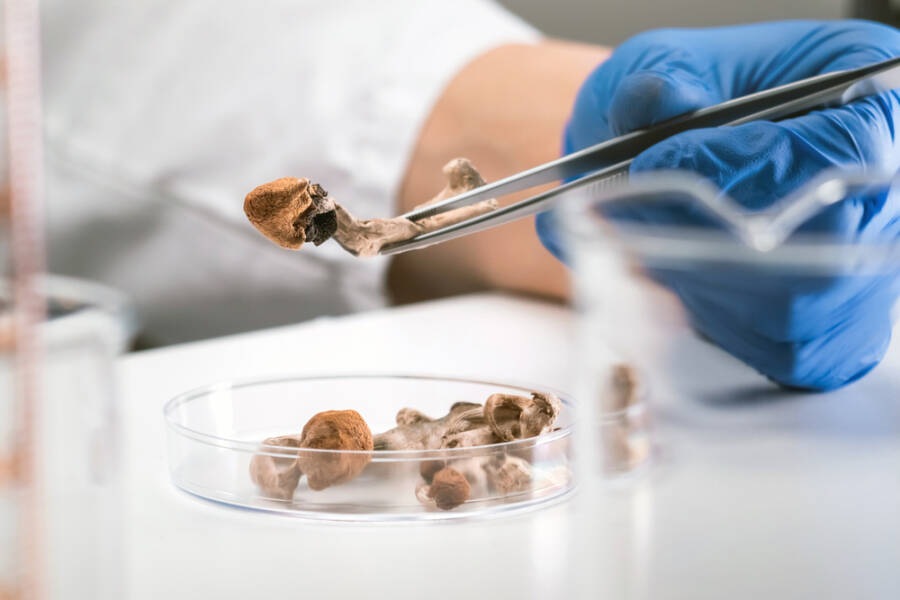
What are the risks of “magic mushrooms”?
We cannot talk about the benefits without also talking about the drawbacks, and unfortunately, there are numerous risks associated with psilocybin mushrooms.
The main one is that they are very similar-looking to several other types of poisonous mushrooms, and it is fairly easy to mistake the two.
If you are in one of the states where it is legal to consume these shrooms (more on that in a moment), make sure you source them from a reputable grower or an established guide.
However, the drawbacks do not stop there, as the physical unwanted effects we mentioned earlier can also manifest as vomiting, muscle weakness, agitation, and diarrhea, and can even escalate up to the likes of seizures and even induce a coma!
Another thing to be aware of is that psilocybin mushrooms can easily induce what is known as a “bad trip.”
These are feelings of paranoia and fear induced by the substance, and they can also manifest as fear, panic, intense and unpleasant hallucinations, paranoia, heightened anxiety, and even flashbacks to other experiences when taking mushrooms.
Yes, it is possible that if you had a bad trip before, you can have flashbacks to that time the next time you consume them.
Are they legal to use?
The answer here is complicated, as it is both yes and no, depending on where you are in the United States.
Generally speaking, psilocybin mushrooms are categorized as a Schedule I drug, which makes it illegal to possess, sell, or give them to someone for any sort of reason.
The legal repercussions of this are quite heavy, and they apply to both those who possess and those who are caught selling the magic shrooms.
Yet, due to the positive impact they have been shown to have through research, there have been advocacies to change the law on this matter.
As a result, several cities across the country have decriminalized the possession and usage of psilocybin mushrooms, all within a certain threshold and amount, of course.
These cities are Denver, Colorado; Oakland, California; Ann Arbor, Michigan; and Seattle, Washington.
It is expected that with more research and more proof of their health benefits, we may end up seeing more cities and even state-wide legislation decriminalizing this mushroom!
If you are curious to read more about psilocybin mushrooms, the history, law, and research around them, we recommend you give this book a read: Psilocybin Mushrooms of Mindfulness by Isabella Rodriguez.
Magic mushrooms are not the only contested and taboo topic that we have covered on Science in the World. If you want to find out more about CBD and the science behind it, make sure you check out this article here!


